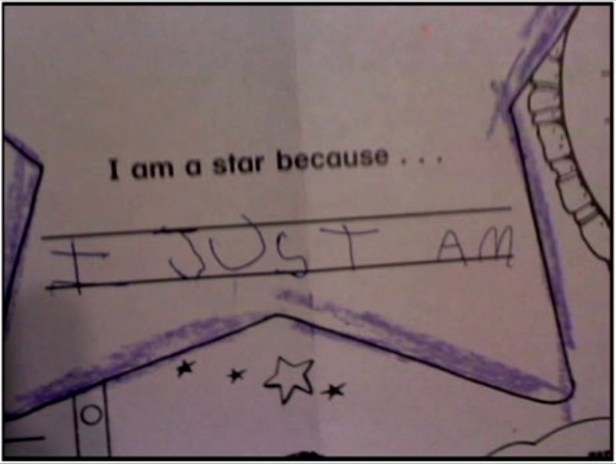Last Friday, the National Science Foundation released a study with some alarming — and embarrassing — results for American science education.
Videos by Rare
It turns out that 1 in 4 Americans believe the sun revolves around the Earth, taking us all the way back to the 16th century. Less than half were able to answer correctly on questions about evolution and the big bang theory and out of ten questions, the average score was 6.5, which is barely passing. Perhaps tellingly, only 30 percent felt that we need more funding for science education.
This is yet another sign of an ongoing education problem in this country. At best, our children are receiving mediocre educations. In the 2012 Program for International Student Assessment (PISA),U.S. students ranked below average in math, science, and reading. This ranking has gotten worse over the years, as students from other developed countries are outperforming the United States more and more.
While our students are not improving, foreign students are. This is despite the fact that the United States spends more on education than most countries. Graduation rate isn’t rising despite all the money being throwing at the problem, and many of the students who do graduate aren’t ready for college.
This trend has been in the making for several decades. Meanwhile, the rest of the world is improving.
The United States lets its students wallow in mediocrity with too many schools worried more about kids drinking soda or chewing a Pop-tart into the shape of a gun, than actually educating.
One of the biggest problems in our schools is unionized teachers. The teachers’ unions are great for ensuring that teachers get tenure after teaching for a whopping three years, but they’re horrible for children, who get stuck with bad teachers, many of whom are unable to be fired. And even if they are taken out of the classroom, they’re still on the payroll (remember New York’s rubber rooms?).
It also doesn’t help that students are being taught trash like Common Core and fuzzy math, while things that might actually benefit children are stricken from the curriculum.
Take cursive, for example. It’s being dropped from schools left and right, causing a fair amount of controversy and debate. Most adults don’t use cursive, so why do students really need to learn it?
It turns out that cursive writing is actually beneficial for students in many different ways. It helps improve motor skills, and has been shown to improve learning comprehension, memory, and language.
But why have children learn the art of cursive writing when they could be working on pumping up their self-esteem? It’s been shown that countries where students are taught to feel good about themselves fall behind countries that don’t — presumably because educators in countries that don’t are more worried about actual education than they are giving kids a gold star for earning a C.
The self-esteem movement started in the 1980s, and we’re seeing the results now, with adults who somehow managed to graduate high school and, for many of them, college, without knowing even the most basic scientific facts.
The combination of feel-good academics, union control over public schools and dumbed down curriculums are dooming students.
It’s no wonder that the number of homeschooled children is increasing each year. The question is, exactly how bad does our education system need to get before we demand change?




